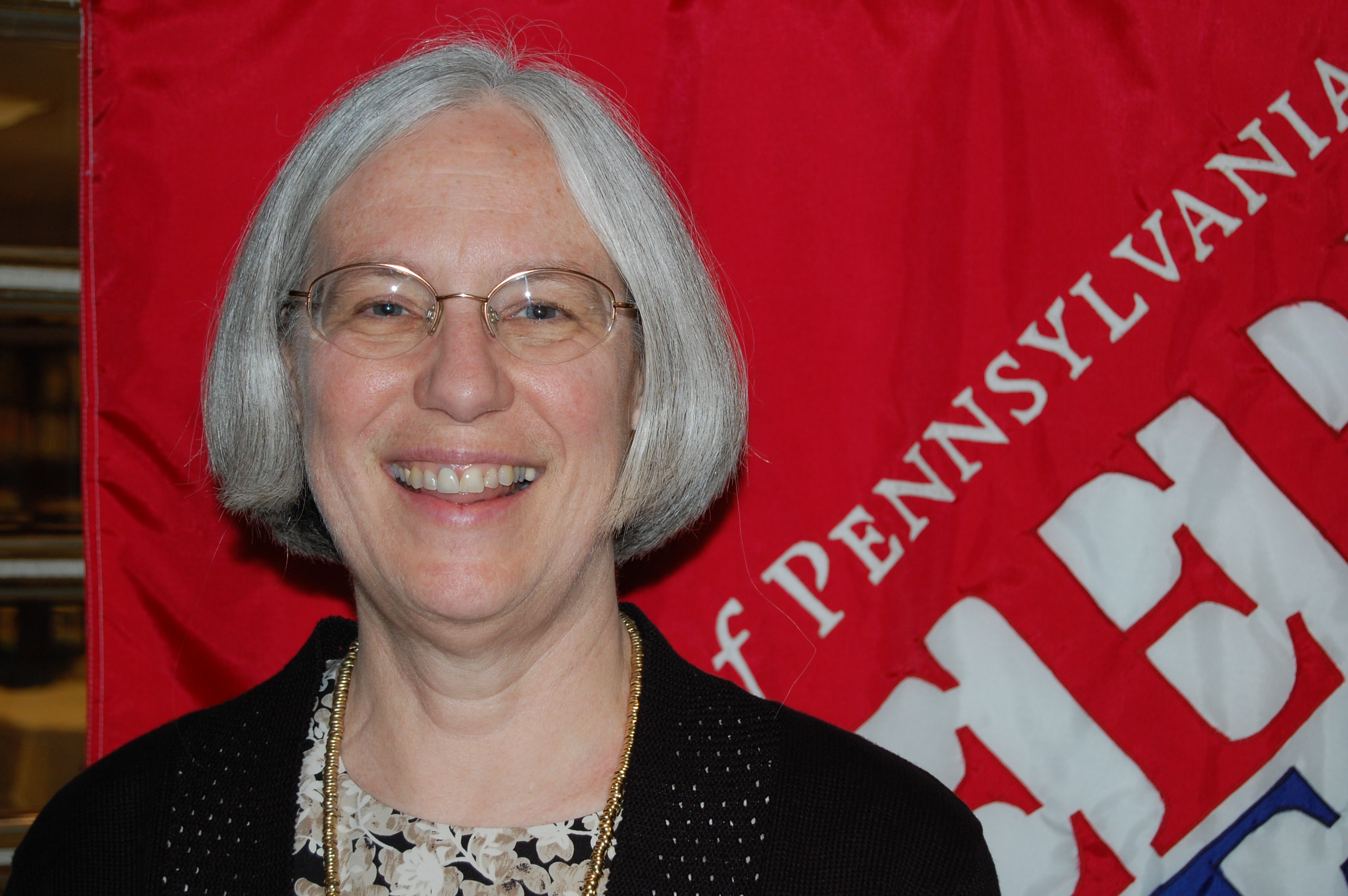By Kelly Cleary
The merits and inadequacies of a liberal arts degree are common topics of conversation this time of year as sophomores declare majors (“What are you going to do with that?!”) and seniors navigate their way through the post-grad job search. I overhear these conversations on Locust Walk and read them on the blogosphere and in the news. But every day I meet with Penn students and alumni who debunk those myths and demonstrate the reasons why a liberal arts degree is one of the best ways to prepare for careers in today’s knowledge-based, global economy with its labor market that relies so heavily on creative, analytical problem-solving, innovation, and effective communication across cultures and platforms.
The trick is for liberal arts majors to be able to recognize and build on their strengths, and persuasively communicate those strengths to prospective employers.
Every year the National Association of Colleges and Employers (NACE) surveys employers who hire recent college graduates and publishes the “Top Ten Skills for Job Candidates” as part of its annual Job Outlook report. As you look through the list below, it should be a clear reminder that a degree from the College at Penn, combined with electives and extra-curricular activities, provides students with countless opportunities to practice and develop all of these skills—and indeed prepares students extremely well for success in their future careers.
Top-10 skills and qualities employers seek in their job candidates:
- Ability to verbally communicate with persons inside and outside the organization
- Ability to work in a team structure
- Ability to make decisions and solve problems
- Ability to plan, organize, and prioritize work
- Ability to obtain and process information
- Ability to analyze quantitative data
- Technical knowledge related to the job
- Proficiency with computer software programs
- Ability to create and/or edit written reports
- Ability to sell or influence others
Source: Job Outlook 2013, National Association of Colleges and Employers, “Top Ten Skills for Job Candidates”
For seniors, as you continue to write and submit job applications and practice for upcoming interviews, think about which experiences during the past four years helped you learn, apply, and excel in these various skills– and prepare yourself to tell those stories to demonstrate your qualifications to prospective employers. Underclassmen should also think about how they can build on those skills and fill in any gaps they might have through future major courses, electives, extra-curricular activities, research, volunteering, and internships.
The Career Opportunities for Liberal Arts & Sciences Majors page includes information about the myriad of careers College grads pursue and advice for marketing your liberal arts degree.




